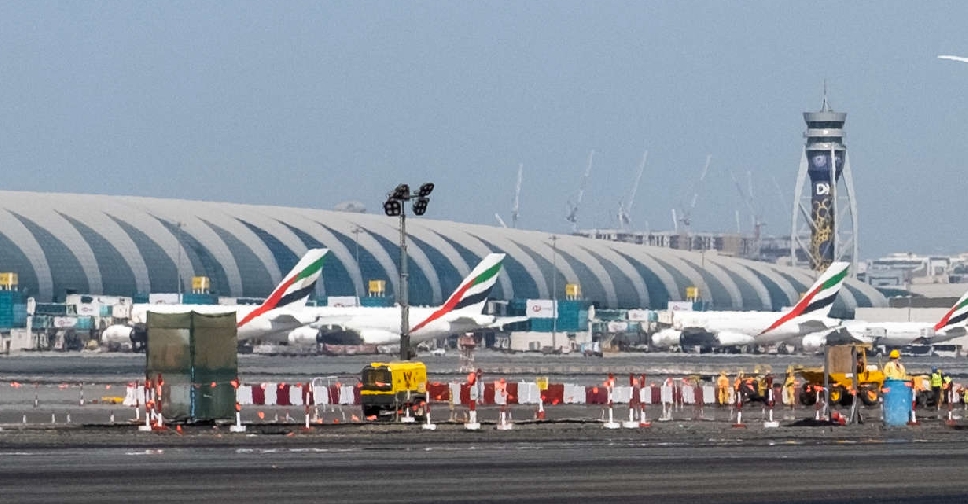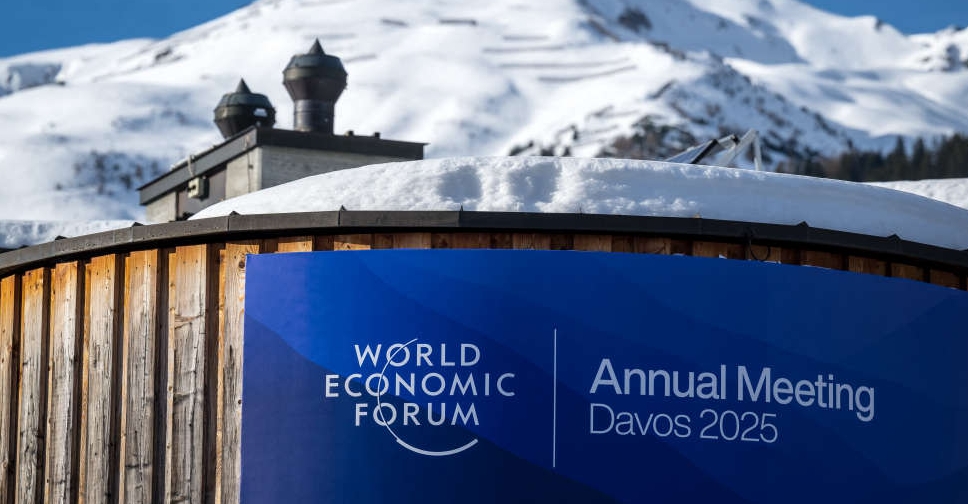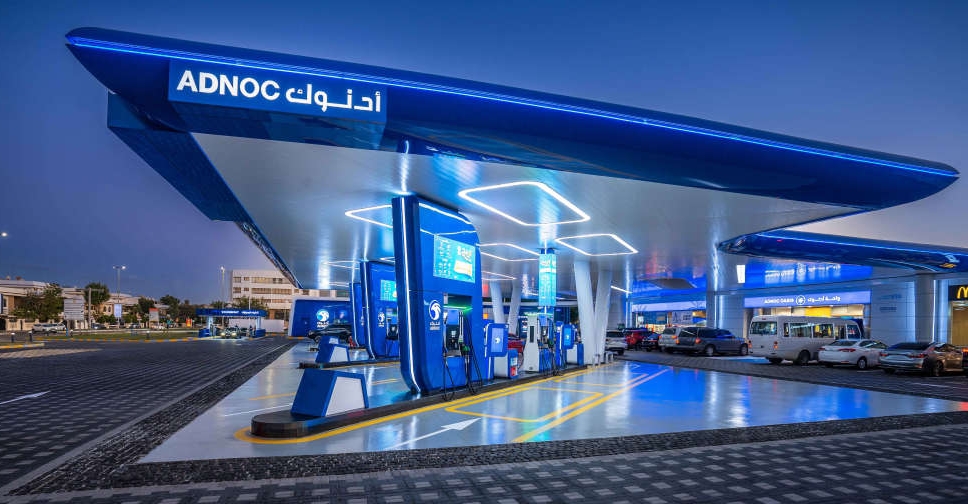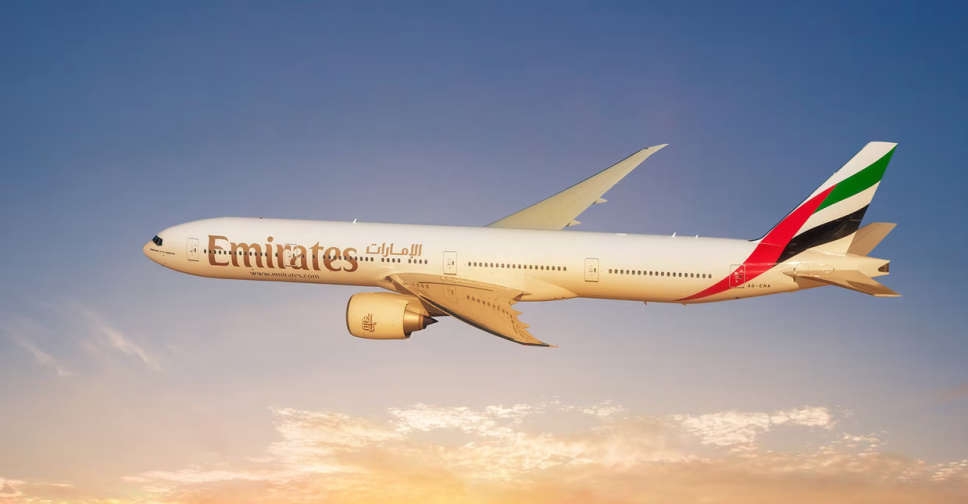
Dubai's aviation sector accounted for 27 per cent of the emirate's GDP in 2023, adding AED 137 billion ($37.3 billion) in gross value added (GVA), an economic impact study revealed on Thursday.
The study, released by Emirates Group and Dubai Airports, and compiled by global research firm Oxford Economic, said aviation-led activity also accounted for 631,000 jobs across Dubai, equivalent to one in five jobs in the emirate in 2023. A further 185,000 aviation-linked jobs are expected to be created by 2030, with the total number of jobs supported by Dubai’s aviation sector forecast to grow to 816,000 jobs.
Emirates Group and Dubai Airport contributed AED 94 billion and AED 43 billion, respectively, tied to aviation-facilitated tourism. These figures are projected to increase steadily, with aviation activities facilitated by Emirates and Dubai Airports contributing AED 196 billion, or 32 per cent of Dubai’s forecasted GDP by 2030 (in 2023 prices).
A previous economic impact report released by Oxford Economics in 2014 found that the aviation sector contributed to 27 per cent of Dubai’s GDP and supported 417,000 jobs. While the latest results indicate the share of Dubai’s GDP has remained stable, the sector’s gross value added has increased in real terms, with the current figures reflecting faster growth across other sectors, as well as diversification in the wider economy over the past decade.
Dubai’s vital investment to futureproof its aviation sector and ensure it remains an economic driver, is evident in ongoing major investments to expand capacity and operations at Dubai International, in addition to a new generation facility at Dubai World Central - Al Maktoum International.
The new AED 128 billion airport will be five times the size of Dubai International Airport (DXB), with the first phase to be completed in 10 years.
When fully completed, Dubai World Central - Al Maktoum International will consist of over 400 aircraft stands, with capacity to serve 260 million passengers annually.
The expansion of Dubai World Central - Al Maktoum International is not included in the study’s main impact results, however, the construction project is expected to contribute an estimated AED 6.1 billion to Dubai’s GDP in 2030, as well as support 132,000 jobs.
The new airport and surrounding infrastructure will contribute to Dubai’s Economic Agenda (D33), which aims to strengthen the emirate’s trade and tourism footprint.
D33’s progressive development plans also seek to make Dubai one of the most connected cities by adding 400 destinations to its foreign trade map, in addition to making it one of the top five logistics hubs in the world.
Aviation is also the driving force behind the growth of international tourism to Dubai. As one of the most frequented destinations in the world, visitors stayed an average of 3.8 nights in 2023, spending an average of AED 4,300 on hotels, restaurants, attractions and shopping.
According to the report, international visitors flying to Dubai spent an estimated AED 66 billion last year.
In total, aviation-facilitated tourism spending is estimated to have contributed: AED 43 billion in gross value added, or 8.5 per cent of Dubai’s GDP, supporting 329,000 jobs.
More than half of GVA, AED 23 billion, was generated by those flying to Dubai with Emirates. Tourism to Dubai is projected to grow significantly over the next six years, with aviation-facilitated tourism spending expected to support AED 63 billion in gross value added, equivalent to 10 per cent of Dubai’s projected GDP, as well as one in eight Dubai jobs.


 Netflix shares jump as subscribers surge
Netflix shares jump as subscribers surge
 Economy Minister highlights UAE's business ecosystem at Davos 2025
Economy Minister highlights UAE's business ecosystem at Davos 2025
 ADNOC Distribution expands service station solar power project
ADNOC Distribution expands service station solar power project
 Emirates cancels Houston flights due to severe weather
Emirates cancels Houston flights due to severe weather
